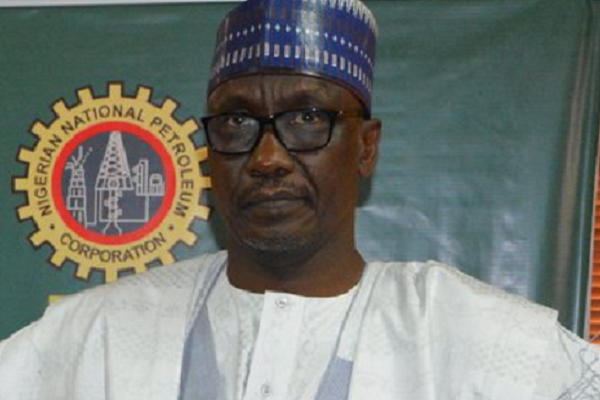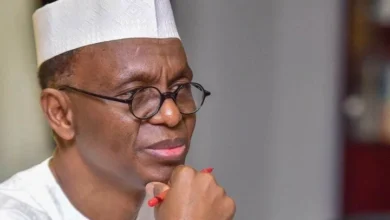Tinubu dismisses NNPCL CEO, Board, appoints Bayo Ojulari

President Bola Ahmed Tinubu has restructured the Nigerian National Petroleum Company Limited (NNPCL), dismissing Mele Kyari as Group Chief Executive Officer (GCEO).
Engr. Bashir Bayo Ojulari now leads the organization, and Ahmadu Musa Kida assumes the role of non-executive chairman. This decisive change clearly signals the administration’s commitment to reform critical institutions within the energy sector.
At the same time, President Tinubu dissolved the entire NNPCL board appointed in November 2023, signaling major organizational changes.
This dissolution aligns with broader efforts aimed at enhancing operational efficiency and transparency within the state-owned energy giant. Adedapo Segun, who retained his position as Chief Financial Officer, now joins the newly constituted board.
Furthermore, to ensure national representation, the administration appointed six non-executive directors from Nigeria’s various geopolitical zones.
Bello Rabiu (North West), Yusuf Usman (North East), and Babs Omotowa (North Central) contribute valuable regional expertise to the board.
In addition, Austin Avuru (South-South), David Ige (South West), and Henry Obih (South East) enhance the diverse leadership lineup.
Furthermore, Mrs. Lydia Shehu Jafiya, Permanent Secretary of the Federal Ministry of Finance, will ensure effective fiscal oversight.
Aminu Said Ahmed joins as the Ministry of Petroleum Resources’ representative, ensuring policy alignment.
This strategic overhaul aims to inject fresh perspectives into NNPCL’s operations. Observers note the appointments prioritize technical competence and geopolitical balance, addressing longstanding critiques of regional marginalization.
The overhaul follows mounting pressure to reposition NNPCL amid Nigeria’s economic challenges. Analysts argue streamlined leadership could improve accountability and attract foreign investment. Notably, Omotowa’s experience at Nigerian Liquefied Natural Gas (NLNG) signals a focus on gas sector growth.
Furthermore, retaining Adedapo Segun as CFO ensures continuity in financial management. His predecessor, Umaru Isa Ajiya, exited last November amid calls for fiscal reforms.
President Tinubu’s actions underscore a broader agenda to revitalize key institutions. By appointing industry veterans and regional representatives, the administration aims to bolster public trust and operational agility.
The new board is expected to prioritize profitability, regulatory compliance, and sustainable energy transitions.
Stakeholders expect urgent measures to effectively curb oil theft while simultaneously upgrading critical infrastructure for improved operational efficiency.
Additionally, Kyari’s dismissal marks the end of his tenure, which was plagued by pipeline security challenges and subsidy controversies. His successor, Ojulari, previously managed upstream operations, indicating a shift towards a more production-focused strategy.
These changes coincide with Nigeria’s push to meet OPEC quotas and stabilize oil output. With global energy shifts accelerating, NNPCL’s reforms could redefine Nigeria’s economic trajectory.
Ultimately, President Tinubu’s reshuffle reflects responsiveness to governance demands. The restructured NNPCL must now deliver tangible results to justify this high-stake reset.
Post Views: 41





